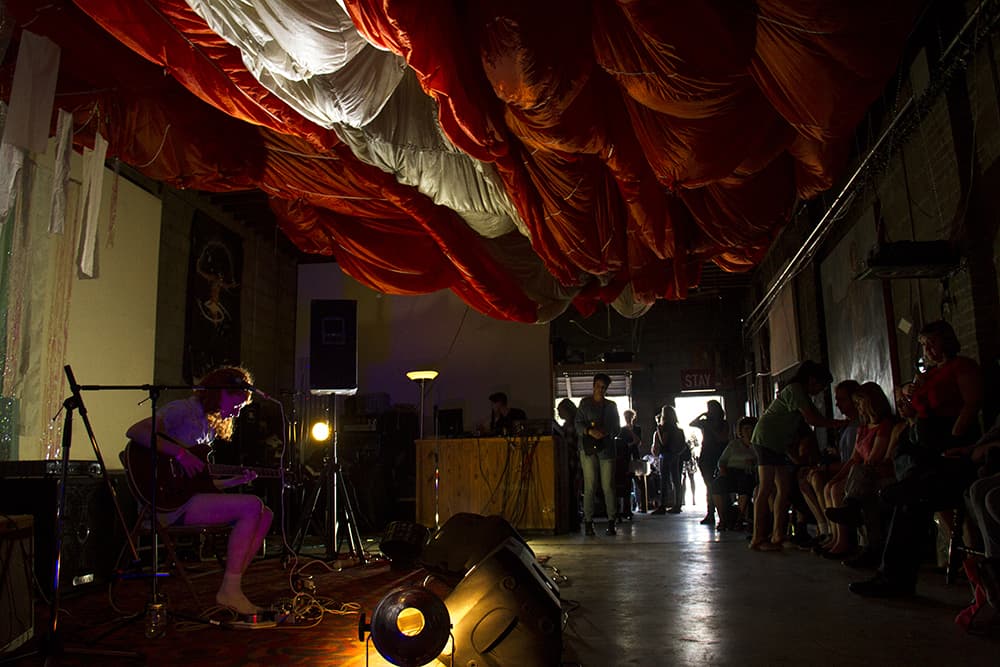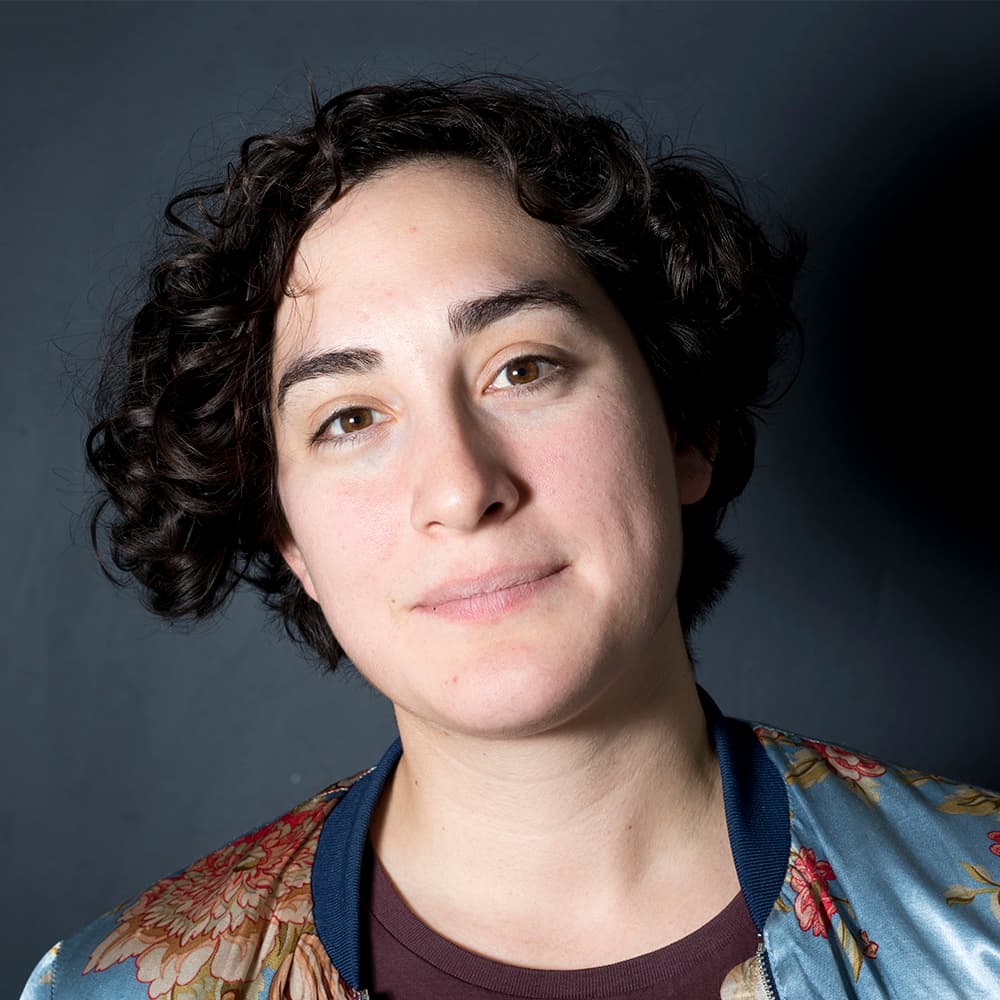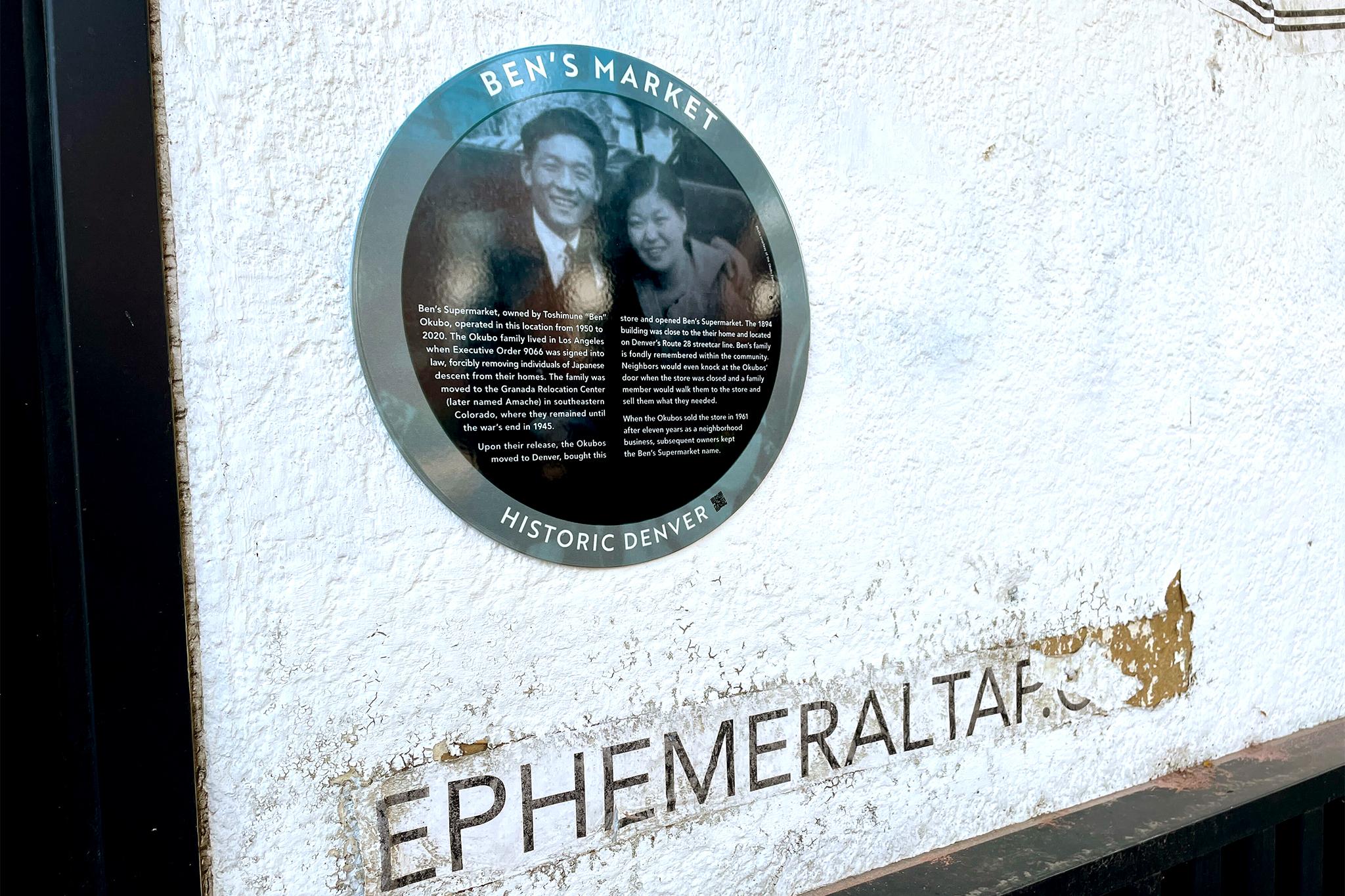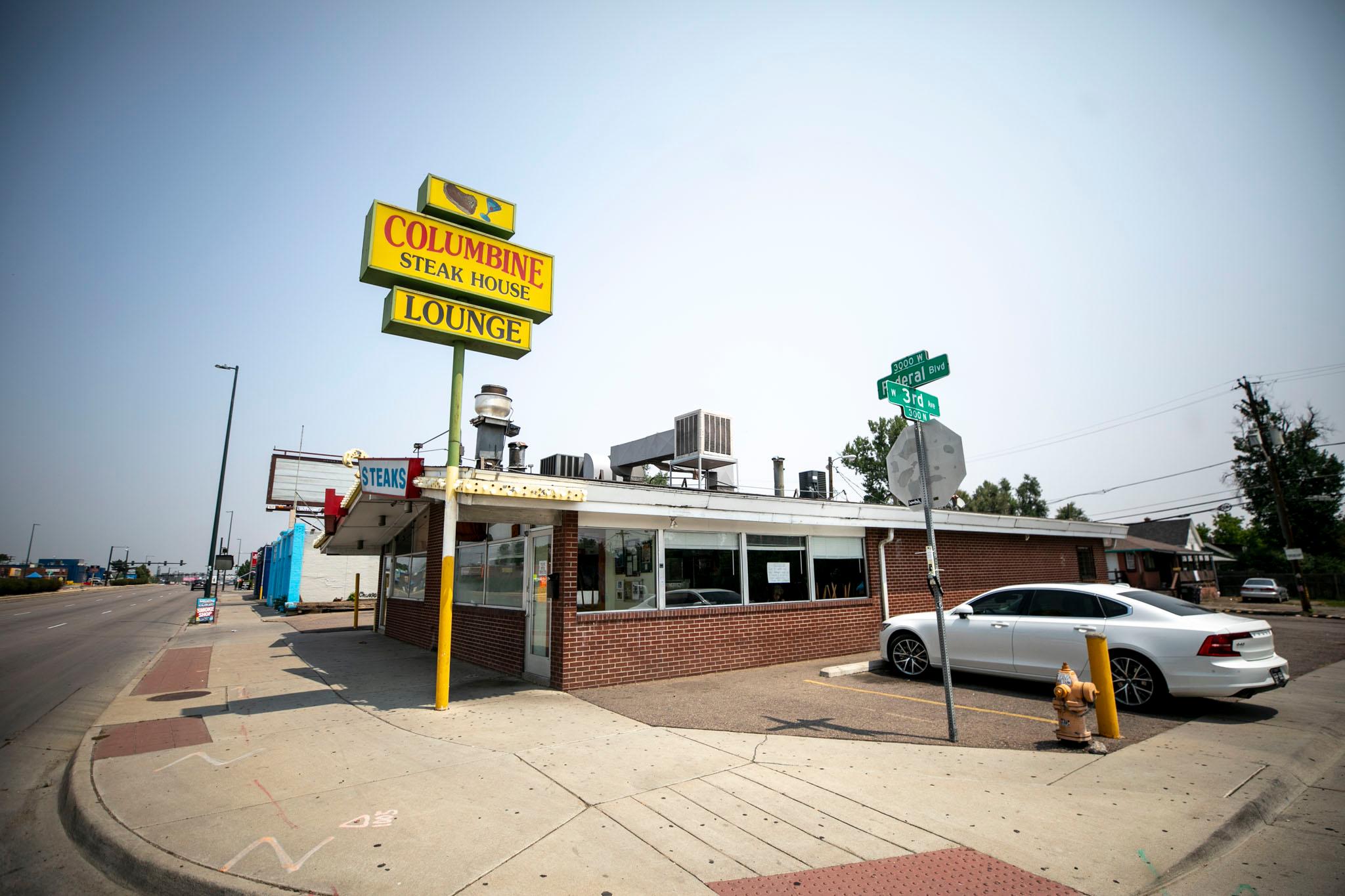
To help keep the local art community in the city, Denver wants to change the laws on the books, city officials said today. But for this proposed solution to work, unpermitted DIY art spaces would have to come forward and collaborate with the city.
Enter the "conditional certificate of occupancy," a tool that could make Denver the first city in the country to grant legal status to DIY art spaces that don't have the proper city permits.
Here's how it would work. For the next two years, unpermitted spaces could come out of the shadows, get a city inspection, and get a conditional certificate of occupancy to bring the building up to code if there are no serious life-safety concerns.
Serious life-safety concerns would need to be immediately addressed, and that could mean a decision that the space isn't safe to live in. But displacement would be the last resort, said Brad Buchanan, executive director of Denver Community Planning and Development.
"The truth is, vacating rarely happens," he said.
"For example, we recently had a situation where there was a glassblowing facility next to a whole bunch of combustibles. In that situation, we said, 'Move the combustibles, rope off the glassblowing, don't use the glass blowing until we've come up and finished your compliance plan.' They didn't have to vacate," Buchanan said.
The new program would not just be for art spaces, though that is a focus. This program could be used by galleries, showrooms, offices, retail and performance spaces with an occupancy of under 300 people. Plus, residential spaces with two stories or less and 16 or fewer units would be allowed under the proposal.
How it works:
So let's say there aren't any serious life-safety concerns. Then, a conditional certificate of occupancy could be issued. That gives unpermitted spaces time to bring their space into compliance while they continue to use it legally.
The legal status -- the conditional certificate of occupancy -- is what makes Denver's proposal different, said Buchanan. Other cities have similar programs that don't offer the protection of the law.
"These folks are occupying these spaces for years, potentially going through a compliance plan without a legal status of occupancy. That's very concerning. For example, insurance may or may not choose to cover a space when they find out that it wasn't permitted," he said.
"We want to create that stability for tenants from day one."
The city is exploring ways to make the compliance process less expensive for spaces.
"We understand that resources are a huge challenge for these spaces. That's why these folks are in unpermitted spaces," Buchanan said.
So far, they've reached out to agencies that could provide pro bono contracting and consulting, with hopes to extend that into construction as well.
Ultimately, the success of the program would turn on how many spaces come forward. On Monday, the city said it's working with Rhinoceropolis and Glob, two spaces that were shut down last year, with tenants evicted. And they hope positive experiences in the program will encourage participants to spread the word.
"We know that we're going to have to have some success for people to believe in this," Buchanan said.
But before Denver Fire and Denver Community Planning and Development get the chance to try this plan, they've got to make it law. Next, the proposal goes before Denver City Council's SAFEHOUSE committee meeting on June 28. From there, it would need to be approved by the whole council.












